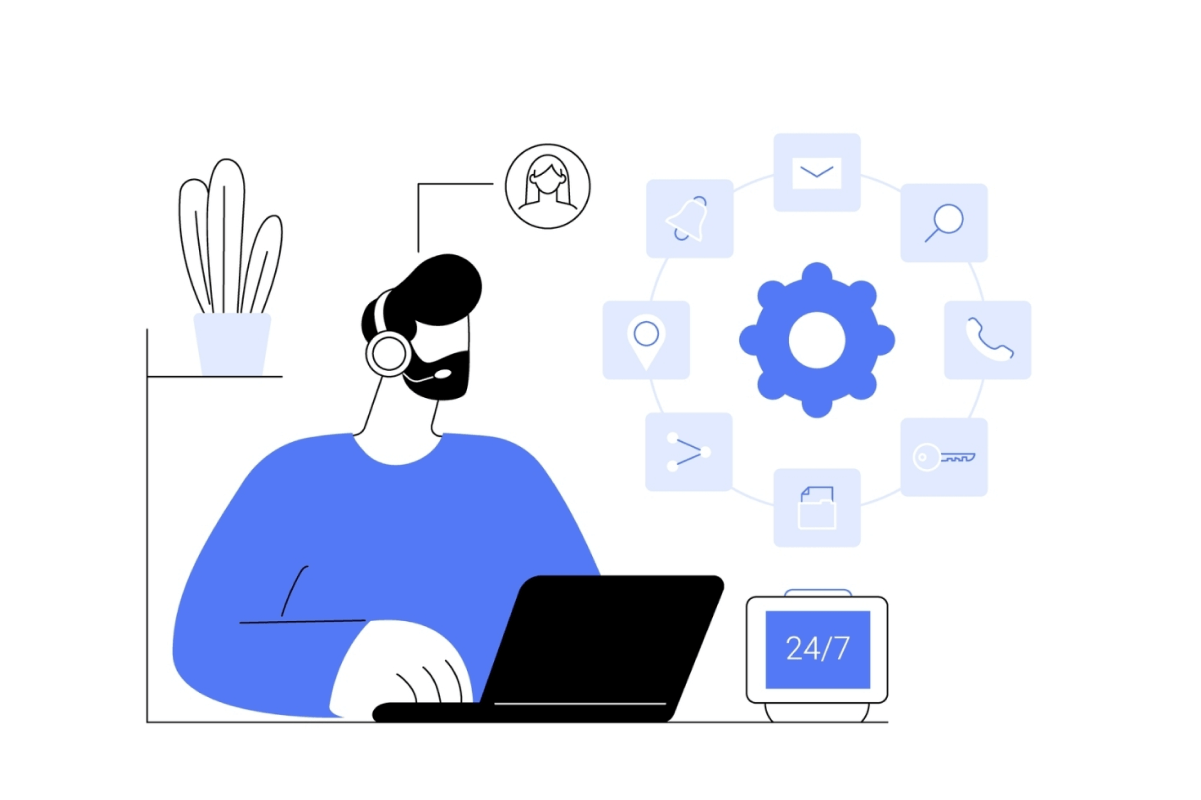The use of free online translators has become increasingly common, especially among individuals and businesses seeking quick and cost-effective translation solutions. However, relying on these tools can pose significant risks that may undermine the quality and effectiveness of communication.
This essay explores the multifaceted security issues associated with machine translation, focusing on data privacy, intellectual property risks, the potential for misinformation, and the implications of reliance on automated systems.

The security risk with free online translation
Free online translation services, while convenient and cost-effective, pose significant security risks, particularly for sensitive or confidential information. Here are the primary concerns associated with using these tools.
Data Privacy Concerns
One of the most pressing security issues in machine translation is the potential violation of data privacy . Many machine translation services, especially those that operate in the cloud, require users to upload sensitive documents and text. This process raises the question of how these services handle and store data. For instance, if a user submits confidential business documents for translation, there is a risk that the data could be accessed by unauthorized individuals or misused by the service provider.
Many free translation providers reserve the right to use and store user data in ways that may not be secure. Google's terms indicate users grant a license to use content submitted for translation, raising concerns about how that data might be utilized or shared.
In 2020, a significant data leak involving a popular translation service highlighted the vulnerabilities inherent in cloud-based systems, where sensitive user data was inadvertently exposed to the public. Such incidents underscore the necessity for robust data protection measures, including encryption and stringent access controls, to safeguard user information in translation processes.
Intellectual Property Risks
Intellectual property is another area of concern in the realm of machine translation. When companies or individuals use machine translation services to adapt proprietary content, they risk inadvertently exposing their intellectual property to competitors. For example, if a corporation translates a patent application or a unique product description using an online machine translation tool, the translated content may be stored on the service provider’s servers, potentially allowing others to access or replicate proprietary ideas.
In 2017, Norwegian news agency NRK reported that employees of the state-run oil company Statoil had discovered confidential documents, including "notices of dismissal, plans of workforce reductions and outsourcing, passwords, code information and contracts", that had been translated using the free version of Translate.com. A simple Google search revealed these sensitive documents that were freely accessible online.
On January 23rd, 2021, Kroger experienced a data breach via a file-transfer service hack. 2% of their customers were impacted, with compromised data including clinic and pharmacy information along with HR data. Employee negligence, such as using free online translation tools, was cited as a top concern.
A small NYC-based translation company allowed customers to upload documents to an unsecured database for translation. 25,601 records containing personally identifiable information were publicly exposed until a security researcher reported it.
Hacker Exploitation
When users input text into free translation services like Google Translate or DeepL, the translated text often appears in the URL. This means that sensitive information can be easily visible in the browser's address bar and may be stored in browser history. Hackers can exploit this vulnerability by monitoring network traffic or accessing browser histories to retrieve sensitive information, including login credentials or confidential business data.
For example, since the pandemic began, many healthcare organizations have fallen victim to ransomware attacks. In 2020, 39% of surveyed healthcare organizations suffered ransomware attacks in the cloud. Lack of budget, IT security staff, and employee negligence, including use of free translation tools, were cited as top cloud security concerns.
Lingvanex On-premise Machine Translation Software is a key to secure translation
- Data Security and Privacy. Lingvanex's On-premise Machine Translation Software operates locally on your organization's infrastructure, which significantly reduces the risk of data leakage. Unlike cloud-based services, sensitive information remains within your own servers, ensuring that proprietary data is not exposed to third-party providers or the internet. This is crucial for businesses handling confidential or sensitive information, as it mitigates the risks associated with data breaches that can occur with free online translation tools.
- Scalability and Performance.
The software is designed to handle large volumes of text, documents, and audio translations efficiently, with the capability to process billions of symbols per day. This scalability makes it suitable for enterprises with extensive translation needs, ensuring high throughput and stability. The system can consistently translate between 3,000 to 20,000 characters per second, providing rapid results that can enhance productivity. - Cost-Effectiveness. Lingvanex offers its on-premise solution at a competitive price, starting at €200 per month, which can be more economical for organizations that translate large amounts of content compared to cloud-based alternatives that charge per character. This pricing model allows businesses to better manage their translation budgets, especially as their needs grow.
- Customization Options. The software provides extensive customization capabilities, allowing organizations to tailor translation models to their specific requirements without incurring additional costs. This flexibility is particularly beneficial for businesses that require specialized terminology or industry-specific language, ensuring that translations align closely with their brand voice and messaging.
- Support for Multiple Languages. Lingvanex supports translation into over 109 languages, including less common ones. This wide range enables businesses to reach diverse markets and communicate effectively with a global audience. The ability to handle various languages is essential for companies looking to expand their international presence.
- Easy Integration. The on-premise solution can be deployed on local PCs, corporate intranets, or cloud hosting, and it integrates seamlessly with various business applications and document workflows. This ease of integration ensures that the translation process fits smoothly into existing operational frameworks, enhancing overall efficiency
Conclusion
In the context of globalization and the constant exchange of information, online translators have become an integral part of our daily lives. They offer a convenient and fast way to overcome language barriers, which is especially important in the business environment, education and personal communications. However, despite their obvious advantages, using free online translators involves a number of serious risks that should not be ignored.




